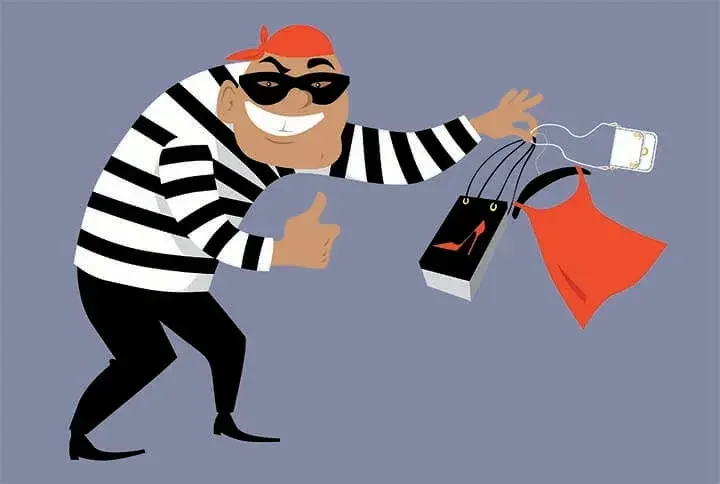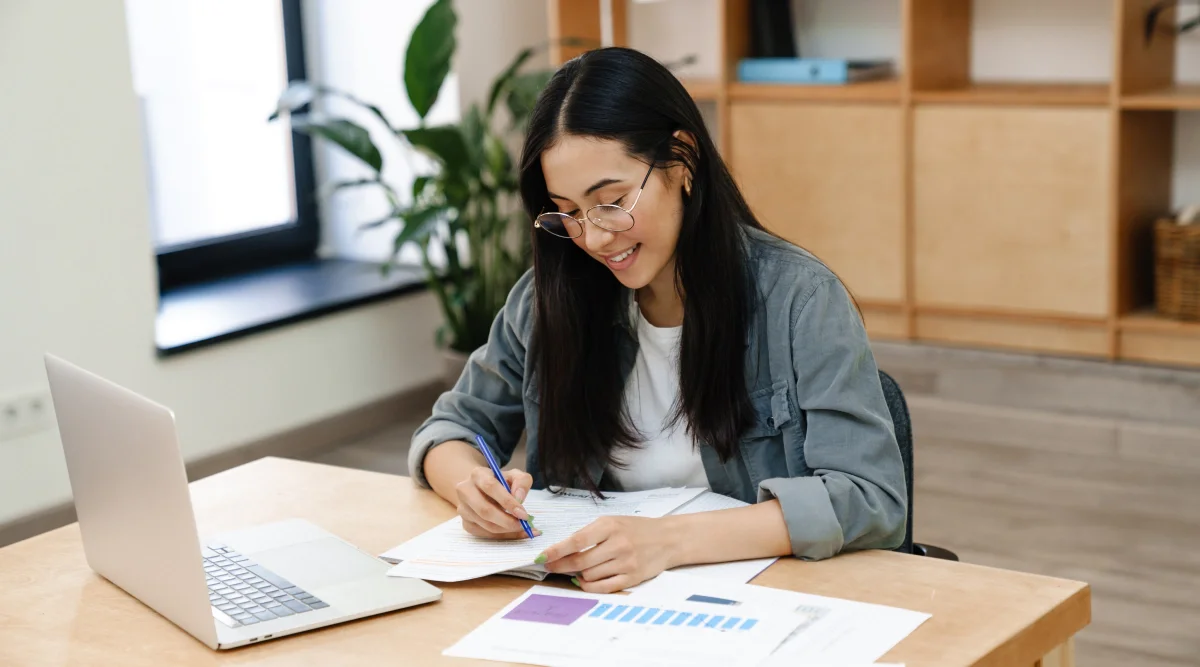In January, the U.S. federal government announced a crackdown on online sales of counterfeit products. An accompanying 54-page report from the Department of Homeland Security (DHS) states that the problem has “intensified to staggering levels."

Counterfeit goods are fake versions of legitimate, branded products meant to trick buyers into believing they are the genuine article. The Organisation for Economic Co-operation and Development reports that sales of internationally traded counterfeits reached $509 billion in 2016, representing 3.3% of global trade. And DHS reports that seizures of counterfeit goods at U.S. borders have increased tenfold since 2010.
“Counterfeit goods are a major problem, and happens more than people think that it does," says Ashley Patrick, money coach and owner of Budgets Made Easy, who dealt with counterfeit goods during her 10 years as a detective in North Carolina. “Most of these products come from China initially but they typically are sold from places like the New York area and then trafficked up and down the East Coast."
Business owners should consider this a warning. This type of fakery can affect brands both big and small, whether counterfeiters are selling phony versions of your products or tricking you into buying shoddy products or raw materials.
Read on to learn what you should know.
How counterfeit merchandise affects businesses
Low-quality counterfeits can damage or even destroy a brand's reputation. Not only will consumers be dissatisfied with the products, but they will also be frustrated when the legitimate brand can't provide satisfactory customer service to solve the problem. Businesses also may suffer from unfair competition from counterfeit goods, which undercut pricing and distort competition.
Just like other consumers, businesses may also be tricked into purchasing counterfeits goods, such as office supplies or raw materials. For example, a 2012 study found that almost half of the fish served at a representative sample of big-city restaurants was mislabeled, mostly due to suppliers misrepresenting their products.
How counterfeit goods affect economies and societies
Counterfeiting also affects economies and societies by suppressing genuine economic activity, reducing tax revenue, increasing crime and creating health risks from unsafe products.
The loss of legitimate business activity can be a profound problem. A study from ICC Business Action to Stop Counterfeiting and Piracy estimates that in 2013 counterfeiting took the place of as much as $597 billion in genuine economic activity globally. Counterfeit business robs governments of tax revenue that they need to supply public services and infrastructure.
Counterfeiting also contributes to various societal ills. Organized crime groups have strong involvement in selling counterfeits and are likely to be involved in coercive labor practices and other illicit activities in relation to counterfeiting. Additionally, since counterfeit goods do not have to comply with safety regulations—or even basic safety measures—and are often made as cheaply as possible, they may present a profound safety hazard to buyers.
How business owners can protect themselves
Unfortunately, your ability to prevent counterfeiting is limited, especially overseas in China and Hong Kong, where 86 percent of the world's counterfeit goods are said to originate.
Get legal help to officially register your copyrights and trademarks to discourage others from capitalizing on your business's name, logo or other intellectual property. If you are able to register them in China as well, that may help you prevent or pursue problems. Also, register your business name and trademark with social media platforms such as Facebook and Twitter.
Be vigilant and take immediate action if you see fake versions of your goods in the marketplace. Report the problem to the FBI's Intellectual Property Rights Center at 1-866-IPR-2060, or contact a field office.
To protect yourself from buying counterfeit goods to use in your business, seek transparency in your supply chain, ask questions of your suppliers, and buy from licensed or certified sources where possible.
“If you are buying from licensed dealers, you will not have a problem with counterfeit goods," says Patrick. “If you use common sense, you will be fine."

